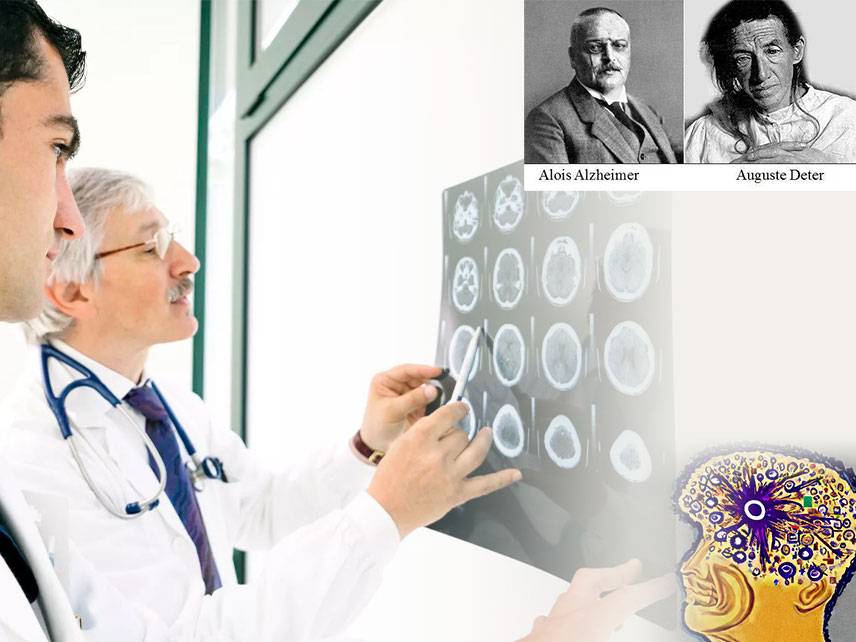Alzheimer's disease is a form of dementia that affects the brain, resulting in memory impairment, difficulty performing daily activities, and eventually, death. It is the most common form of dementia, affecting millions of people worldwide. There is no cure for Alzheimer's, but treatments can help slow the progression of the disease and improve quality of life.
Living with Alzheimer's disease
Signs and Symptoms
Alzheimer's disease can cause a variety of symptoms, such as difficulty with memory, language, and thinking. Other symptoms include difficulty finding the right words, difficulty completing tasks, confusion about time and place, trouble with abstract thinking, changes in personality, and difficulty with coordination and motor functions.
Causes
The exact cause of Alzheimer's disease is unknown, but it is believed to be caused by a combination of genetics, lifestyle, and environmental factors.
Risk Factors
There are several risk factors associated with Alzheimer's disease, including advancing age, family history, and certain medical conditions, such as diabetes or high blood pressure.
Prevention
Although there is no known way to prevent Alzheimer's disease, there are steps you can take to reduce your risk, such as exercising regularly, eating a healthy diet, and avoiding tobacco.
Diagnosis
Alzheimer's disease is typically diagnosed based on a physical examination, laboratory tests, and a review of medical history.
Treatment
Treatment for Alzheimer's disease typically involves medications, such as cholinesterase inhibitors, to help slow the progression of the disease, as well as lifestyle modifications, such as engaging in stimulating activities and forming social connections.
Coping and Support
Living with Alzheimer's disease can be difficult, but there are ways to cope, such as joining a support group, talking to a therapist, and getting help from family and friends.
Complications
Alzheimer's disease can lead to a number of complications, such as depression, anxiety, and difficulty with daily activities.
Living with Alzheimer's Disease
Living with Alzheimer's disease can be challenging, but there are ways to make it easier, such as taking medications as prescribed, following a healthy lifestyle, and getting support from family and friends.
Alzheimer's disease is a serious condition that can have a major impact on a person's life. It is important to seek help from a healthcare professional if you or someone you know is experiencing signs and symptoms of Alzheimer's disease.





